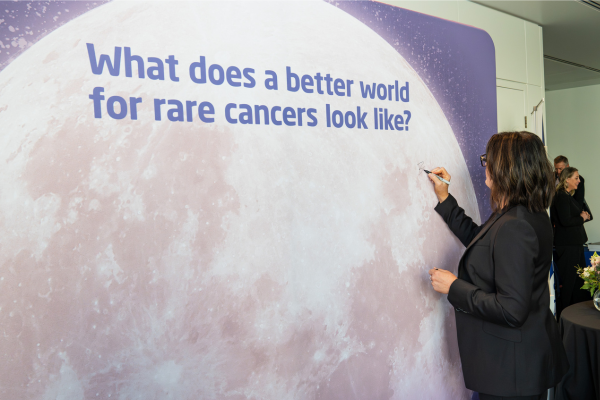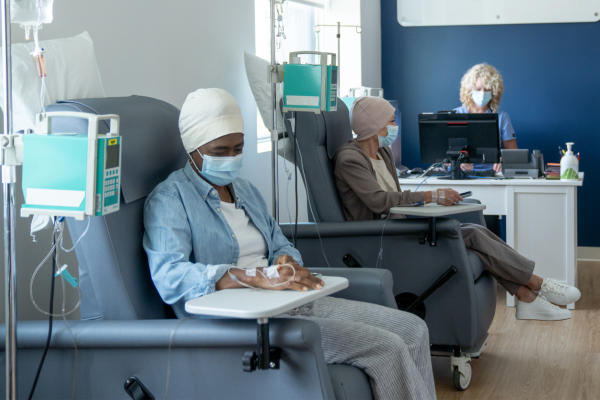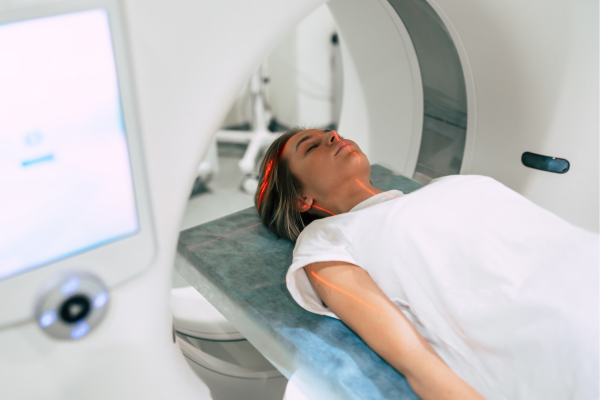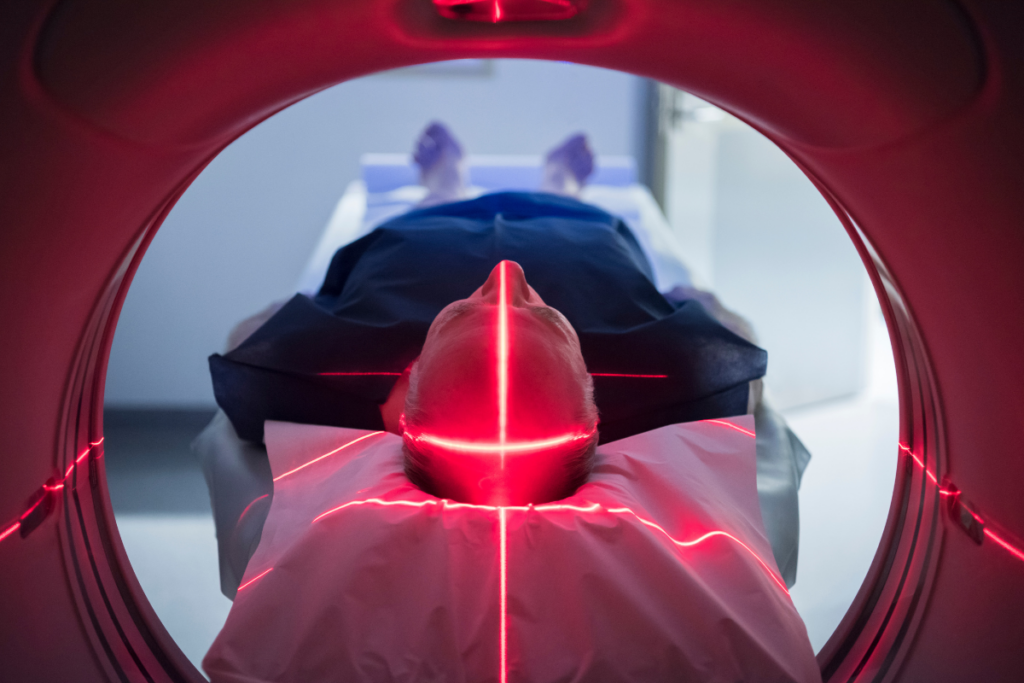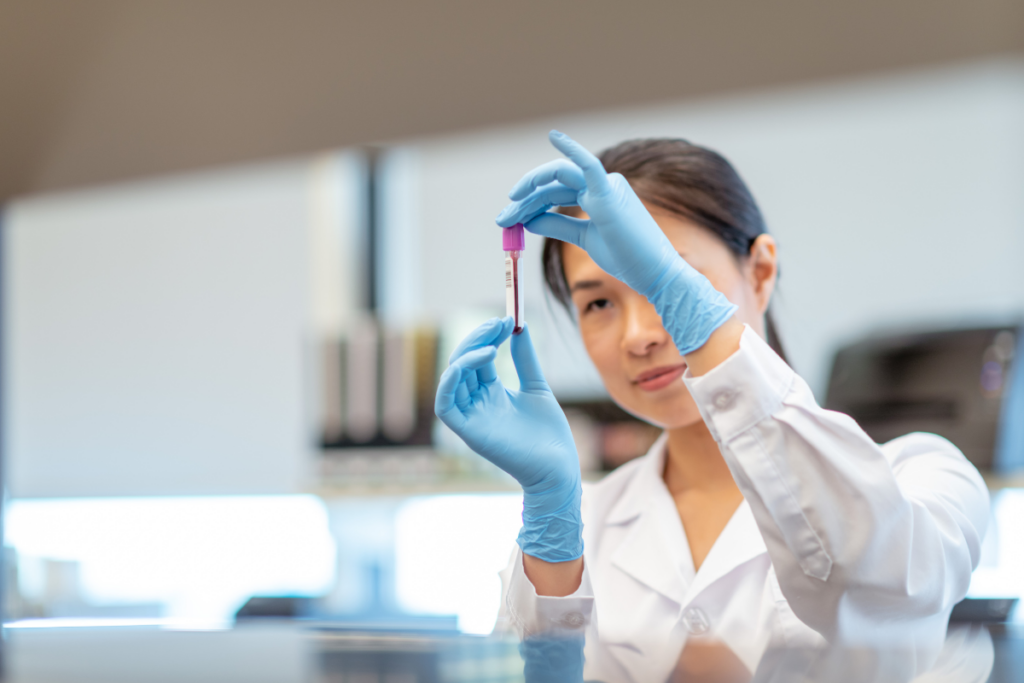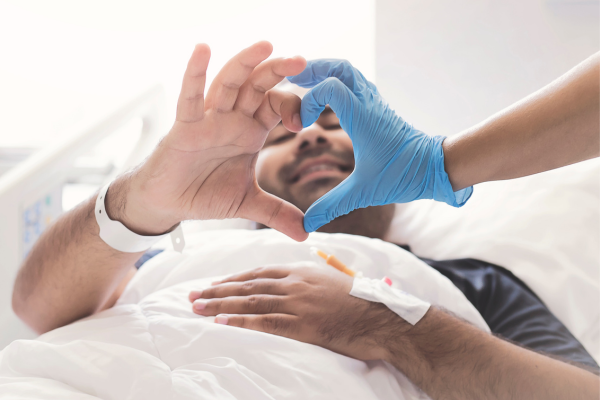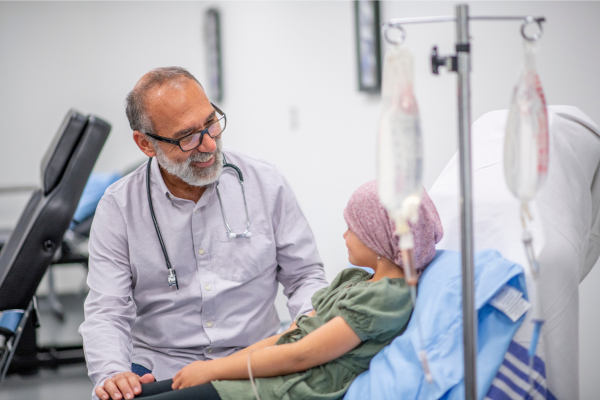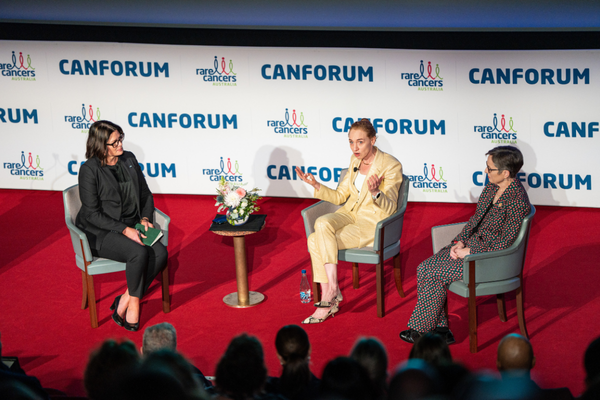Each year, over 40,000 people in Australia are diagnosed with a rare or less common cancer, accounting for 1 in 4 cancer diagnoses. Alarmingly, these cancers are responsible for 1 in 3 cancer deaths — more than 16,000 lives lost every year.
While each cancer type affects relatively few people, together they represent a significant public health issue. These people face a deeply unequal system.
Less well-known cancers remain significantly under-researched, and those diagnosed often experience delayed diagnosis, a lack of accessible information and support, and poorer survival outcomes.
For people in rural or remote areas, the barriers to cancer care are even greater. Geographic inequity limits access to timely diagnosis, specialised expertise and treatment, and support services. Patients often need to travel far distances and stay away from home, away from families and support networks.
Essential treatments and revolutionary genomic medicine often come with a heavy price tag—one that many families simply can’t afford.
This “cancer lottery” isn’t just unfair, it’s devastating. Patients with rare and less common cancers face impossible choices: depleting their life savings, turning to crowdfunding, or going without the treatment they desperately need.
The way forward
We envision a world where there is equity in experience and outcomes for every person diagnosed with cancer in Australia. There is no single action that will deliver this – it requires strategic investment, systemic and policy reform, and collective action.
That’s why we launched the ‘Rare Cancer Moonshot’; to galvanise efforts across government, patient organisations, healthcare, research, industry, and the community to radically accelerate progress so that by 2035:
- More than 90% of people diagnosed with cancer survive at least five years after diagnosis, regardless of rarity; and
- There is true equity of experience for everyone with cancer.
